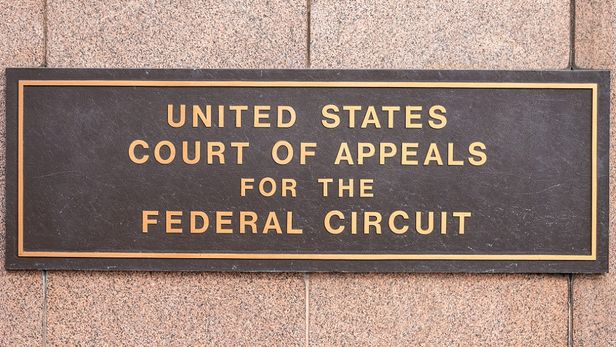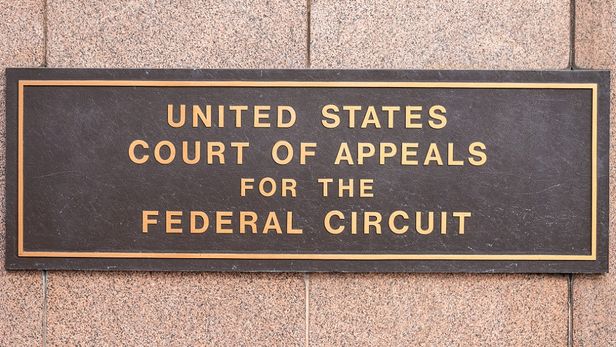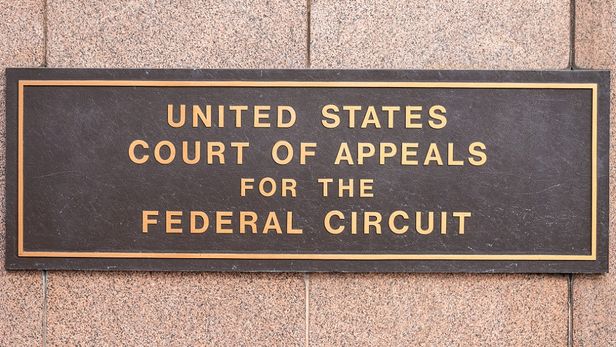-
News & Analysis
-
-
- Categories
- News & Analysis
- Legal Updates
- Long Reads
- Opinion
-
-
- Reports
- Data & Tools
-
Rankings
-
-
- WTR 1000
- Introduction
- All firms
- All individuals
-
- WTR 300
- Introduction
- Individual rankings
-
- Law firm leaders
- EUIPO Filing Elite
- The Global IP Awards
- WTR Global Leaders
-
- WTR Analytics
- WTR 1000 Analytics
-
-
-
Insight
-
-
- Insight
- Guides
- Reviews
- Market Insight
-
-
-
Events
-
-
- Events
- WTR Events
- Diary
-
-
-
- Login | Register
Court: Federal Circuit
False declaration of incontestability not enough to cancel US trademark registration
The decision limits the tools that the USPTO can use to punish and deter mark owners who make fraudulent Section 15 filings.
09 November 2023
Surprise Federal Circuit decision shifts burden of proof to make trademark proceedings easier for defendants
The Federal Circuit has overturned years of precedent in a move that will be welcomed by defendants, while plaintiffs are left scratching their heads over how to prove that a mark is not in use.
09 August 2023
Federal Circuit ruling emphasises influence of DuPont factors when evaluating similar marks
In reversing and remanding a TTAB decision, an appeal court has reaffirmed that carefully and accurately applying DuPont factors is critical in disputes involving similar registered and unregistered trademarks.
03 August 2023
No SPARK here: TTAB refuses to register similar mark for real estate services
The US Court of Appeals for the Federal Circuit upheld the TTAB’s refusal to register the mark SPARK LIVING due to its “close similarity” with the earlier registered mark SPARK.
15 May 2023
Federal Circuit ruling against Apple demonstrates limits of trademark tacking
In its reversal of a TTAB decision, an appeal court has reaffirmed the need for rights holders to demonstrate that their pre-existing mark covers all services specified in their new application in order to tack the latter’s use to the former’s earlier priority date.
27 April 2023
Bertini v Apple: to tack or not to tack, that is the question
The decision serves as a warning that acquisition of a prior mark does not always afford a basis for tacking on prior rights.
25 April 2023
TTAB clarifies test to meet “goods in trade” registration requirement in New York Times case
In reversing an examining attorney’s refusal of trademark registrations by the New York Times, the TTAB has promoted the three-factor Lens.com test as the gold standard for registrability.
20 April 2023
No need for PURE overlap of actual or potential consumers in related goods context
In the context of related goods, the likelihood of confusion analysis does not require that actual or potential consumers of the goods be the same.
11 April 2023









